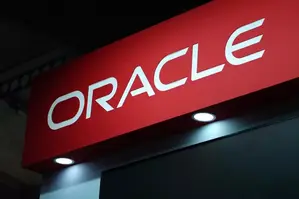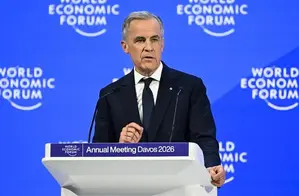Detroit, Michigan has become the largest US city to begin accepting Bitcoin and other crypto for tax payments. The city announced today that in 2025, citizens may begin paying their taxes and city fees with cryptocurrency.
“Detroit is building a technology-friendly environment that empowers residents and entrepreneurs,” said Detroit Mayor Mike Duggan in a statement. “We are excited to be one of the first major U.S. cities to explore blockchain civic applications and allow residents to use their cryptocurrency as a payment option.”
According to City Treasurer Nikhil Patel, the payment option will be made available in mid-2025. The exact date is unknown. “The Treasurer’s Office is committed to modernizing our payment channels and processes to enhance the customer experience and improve internal operational efficiency,” Patel said. “This new payment platform will increase accessibility for Detroiters who would like to use cryptocurrency. More importantly, the platform upgrade will also make it easier for Detroiters to make electronic payments.”
Also Read: BRICS: Russia Says It Won’t Ditch US Dollar After Trump’s Victory
Detroit to Welcome Blockchain Civic Applications, Tax Payments In Crypto
Additionally, Detroit will also welcome blockchain entrepreneurs and innovators to pitch ideas for blockchain civic applications. According to city officials, they’re looking for “projects that leverage blockchain’s potential for enhancing transparency, improving data security, and streamlining public services.” Proposals must go to the city by December 15. They should include “proposed solutions, potential stakeholders, costs, risks and should also outline how their ideas will improve city services and benefit city residents,” according to the city.
Furthermore, thanks to Detroit, Michigan will join Louisiana, Colorado, and Utah as the only states to accept crypto for tax payments. In September 2022, Colorado became the first state to allow its residents to pay state taxes using cryptocurrency. It is unclear if other cities in Michigan will follow suit.






